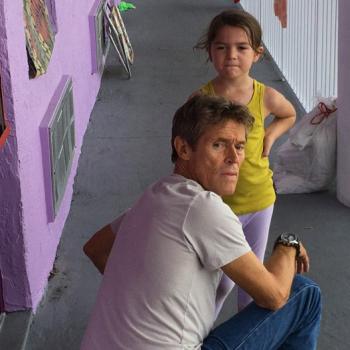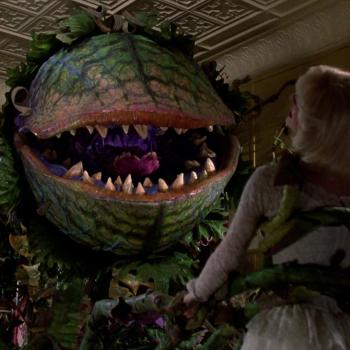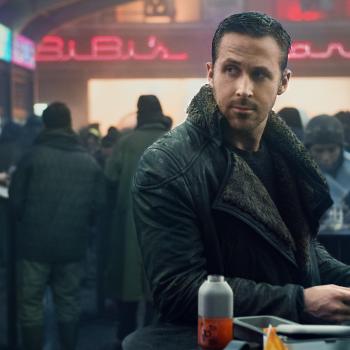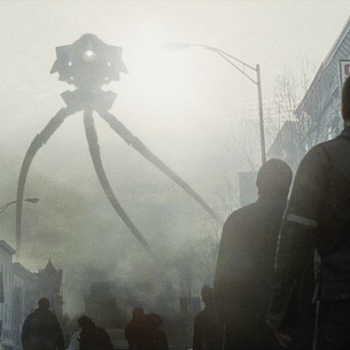Stolen futures
I mentioned earlier that Boal and Bigelow are working with a larger swath of characters than usual, filtering the story through many different viewpoints in a way that sometimes feels disjointed. But when they zero in on Algee Smith’s portrayal of Larry Reed, the film snaps into focus and finds its emotional center. Reed is a wide-eyed, hopeful artist, a man on the cusp of success who has it snatched from him because of racism. His only crime was being a black man in Detroit in 1967.
I was unfamiliar with Smith prior to this film, but the actor is a revelation. He’s jubilant and optimistic at the outset, pulsing with energy and it seems like Reed can almost taste the success awaiting him. And while Smith handles the physical demands of his role capably, it’s the clouding of that hope and the encroaching bitterness, fear and cynicism that shroud him after his night at the Algiers that devastates more than anything else. After the riots, the Dramatics gained success, but without Larry Reed. He couldn’t shake the fear and anger, couldn’t bring himself to perform for the same white audiences that had caused his city to burn. While his bandmates become chart-toppers, he struggled to find a position leading the choir at a small church. It’s heartbreaking.
And that’s what racism, both personal and systematic, does. It’s not just physical violence. It’s not just taunts and epithets. It’s the way the system is designed to steal dreams, reinforce assumptions and ensure that those on the bottom stay there. It thwarts hope and kills dreams. A lot of horrible things happen in “Detroit,” but perhaps the most heart-wrenching is the dismantling of Larry Reed’s optimism. By narrowing the focus to just this event, Boal and Bigelow create a metaphor for the same corruption, hatred and aggression that happened repeatedly throughout the nation, the dozens of altercations similar to this that caused Detroit to go up in flames. This isn’t just something that happened during the riots; it’s Detroit 1967 in microcosm.
Had “Detroit” remained focused on Larry, it would likely be an all-timer. But the film moves on from the incident at the Algiers to cover a trial that smacked of corruption and devolved into a surreal nightmare for Dismukes, whose presence and ownership of a gun made him a convenient patsy for the corrupt cops. It’s important, tragic stuff, but feels rushed, a last-minute attempt at resonance and an attempt to broaden the scope. Mostly, it moves away from the emotional core of the story. The tragedy of the Detroit riots and the resulting miscarriage of justice needs to be told, if only because we see it repeated again every week in the news. But it feels obligatory, not organic — and includes a distracting last-minute entry from “The Office’s” Jon Krasinski as a defense lawyer. This is where Bigelow may have needed more breathing room, an extra half-hour to explore the tragic ripples from the Algiers and how they led to decades of tension and unrest. Instead, it feels like a rushed postscript.
I’ve wrestled with “Detroit” like I have with few other films. It’s ugly, dark and painful to watch, which it absolutely should be. I left the theater trending negative on the film, but as I’ve engaged with it and struggled to craft an opinion, I’ve turned around. It’s messy and flawed, yes, but it’s absolutely essential. It’s the least of Bigelow and Boal’s recent collaborations, but given the quality of “The Hurt Locker” and “Zero Dark Thirty,” that shouldn’t be taken as much of a pan. Few people are better at composing throat-grabbing sequences than Bigelow, and the film’s immediacy keeps it gripping. The two have done great journalism before, and their work here is also layered, complex and provocative. The cast is remarkable. The story is important. Do I think it’s the whole story? No. Do I think it’s the definitive take on racism and police altercations in America? No. But it’s an effective look at those things and an important conversation starter.













